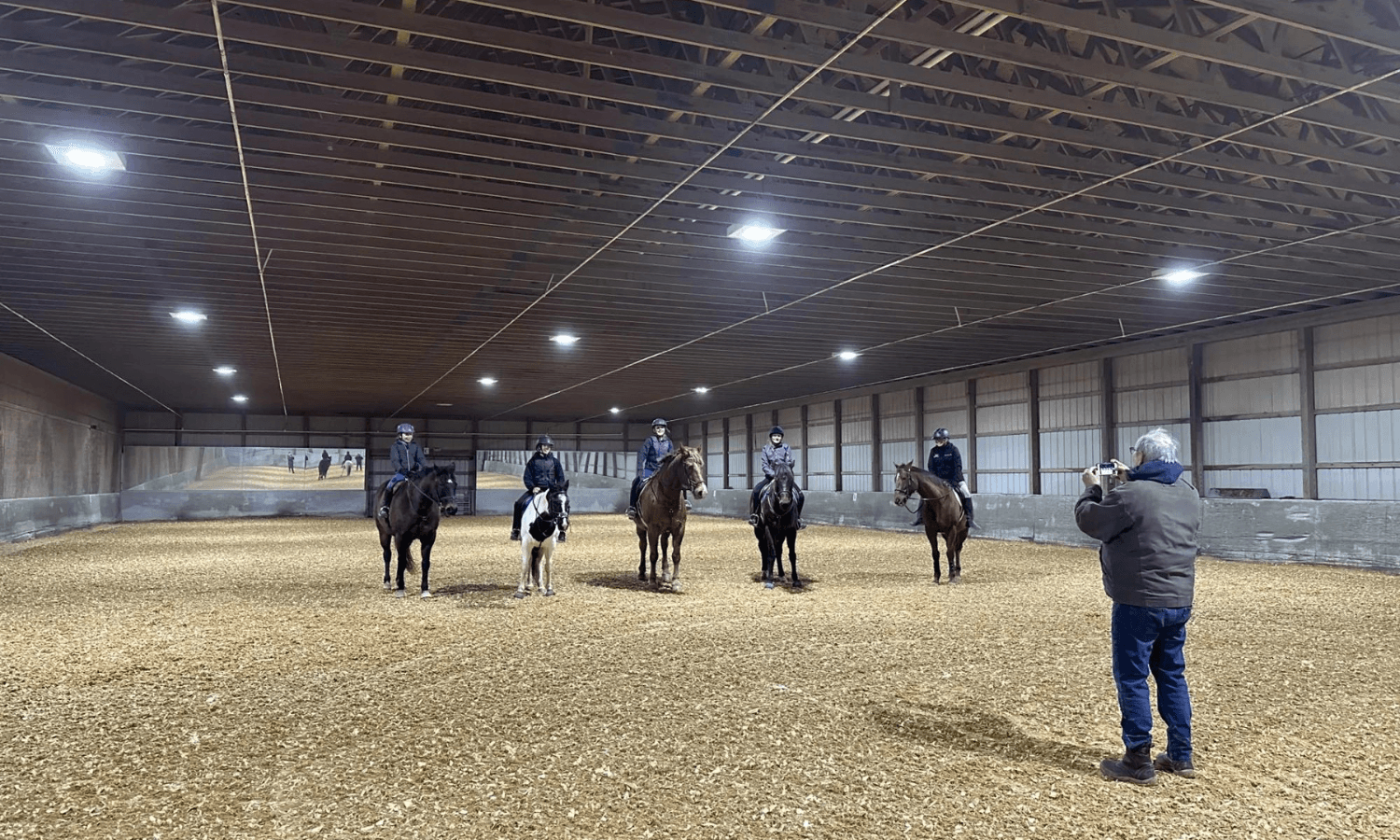Waredaca Farm Riding Surface Strategy and Plan

The Waredaca Farm strategy is to use science and best practices to implement improved riding surfaces that are safe, healthy, and offer appropriate performance for the task, which includes education, training, and competitions. Waredaca Farm has aligned with other venues in the USA which are advancing the state-of-the-art. Waredaca has partnered with Bill Hawe from iEquiTek.
The first step was to make a commitment to use best practices and scientific knowledge to improve outcomes. This happened in the Fall of 2022. This meant Waredaca Farm laid out a vision and was willing to question how that might be accomplished with no preconceived notions.
The second step was to articulate a multi-step plan which would upgrade each of the riding surfaces, starting with their-most used surface, the indoor arena. The selection of the footing material for the surface had several criteria: (a) it must have been successfully laboratory tested, (b) it must have been installed and successfully used in a demanding environment, preferably in Maryland, (c) the technical assessment from the laboratory testing must align with the qualitative assessment of professional equestrian athletes, (d) it must be affordable and maintainable, and (e) the footing material must have a longevity of 15 or more years. Waredaca Farm obtained a quote for engineered footing material, to be acquired in steps, all of which met these criteria.
The third step is the installation of new footing material in all three areas. This step is underway now. The indoor arena was completed in early January. It is being used and receiving great reviews.
These best practices provide longevity while minimizing disruption to the environment. They thus serve to protect open spaces while furthering the educational and land stewardship objectives of Waredaca Farm. Waredaca Farm has embarked on a multi-step strategy to use these best practices and scientific design approaches to improve its performance outcomes. As a result, it is anticipated that horses will be sounder, surfaces will be safer, and performance will be predictable.















